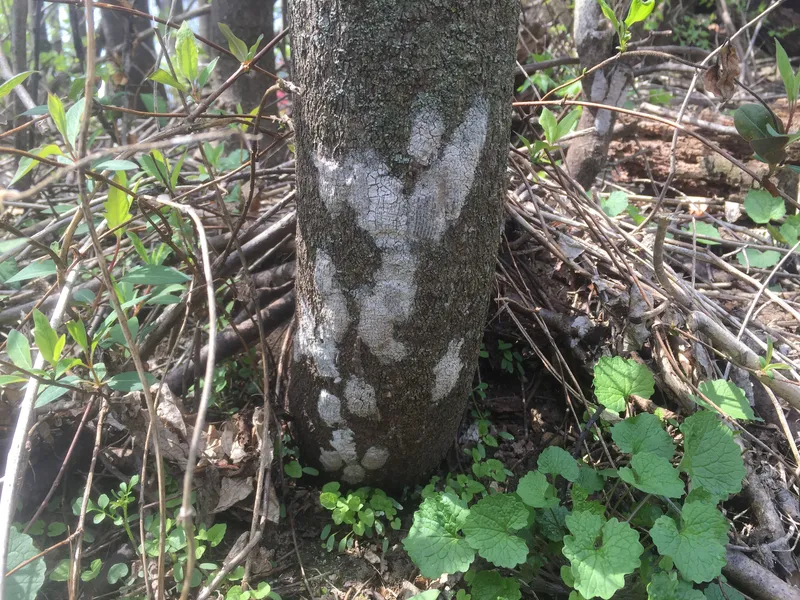
Spotted Lanternfly, an invasive harmful insect has started to invade trees in Southeast Michigan and beyond. The pest was first found in China and then landed in the state of Pennsylvania then onto surrounding states into Michigan.

Adults and nymph spotted lanternflies can damage trees by feeding on sap from stems, leaves and tree trunks. Spotted lanternflies and their eggs are an invasive species and experts say it is best to kill these pests whenever possible. You can do this by walking your landscape from September through April and checking for egg masses on trees, cement, rocks and other hard surfaces.
Reports indicate the bug is often carried throughout the state by way of hitching a ride on vehicles, off road recreational vehicles and industrial equipment. A key tree the pest goes after is called of the Tree of Heaven. Have you heard of it? Thankfully the tree of Heaven is not found in massive numbers in southeast Michigan. This insect is attracted to important landscape trees such as all maples, ornamental trees, walnut, birch and so many other beautiful trees in your landscaping.

The feeding damage significantly stresses the trees which can lead to decreased heath and potential death. The insect also excretes honey dew which attracts bees, wasp, hornets and ants. The honey dew promotes sooty mold fungi which can cover the plants, forest floor, patios, furniture, cars and anything in its path.
Branch Tree Service, your local family owned tree care company suggests that you call us for a scouting of this insect. Our process will include confirming spotted lanternfly infestation and the safest, yet effective and environmentally safe method of managing and eradicating this deadly
bug.
Let us all be on the look out for this harmful pest. Feel free to contact the professionals at
Branch Tree Service for help and further information about this pest threat and treatment considerations today!
